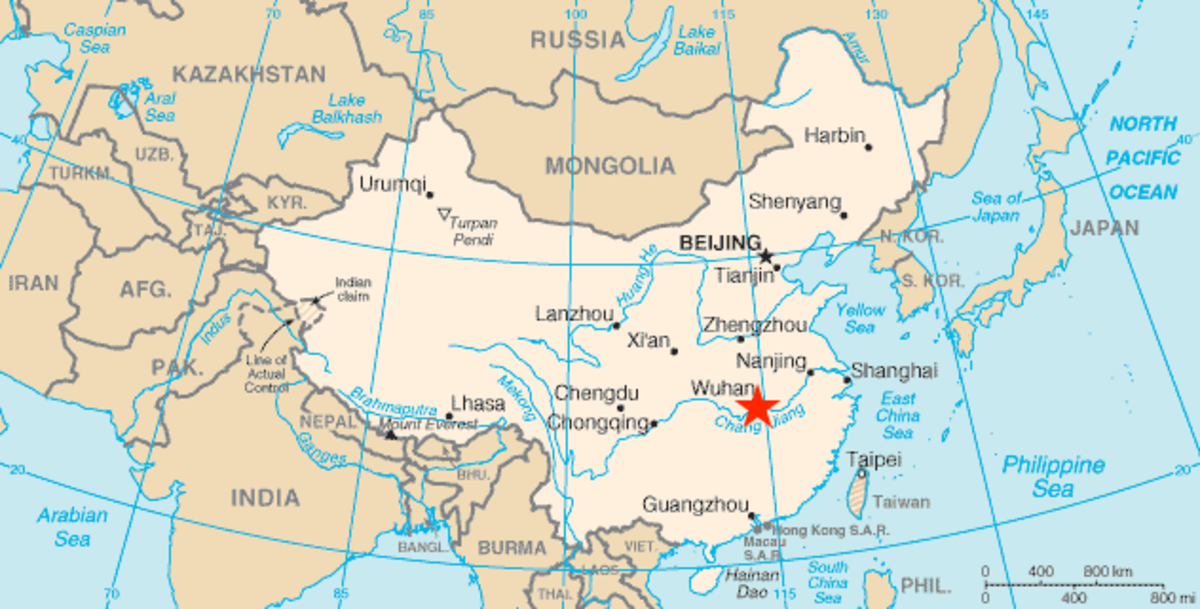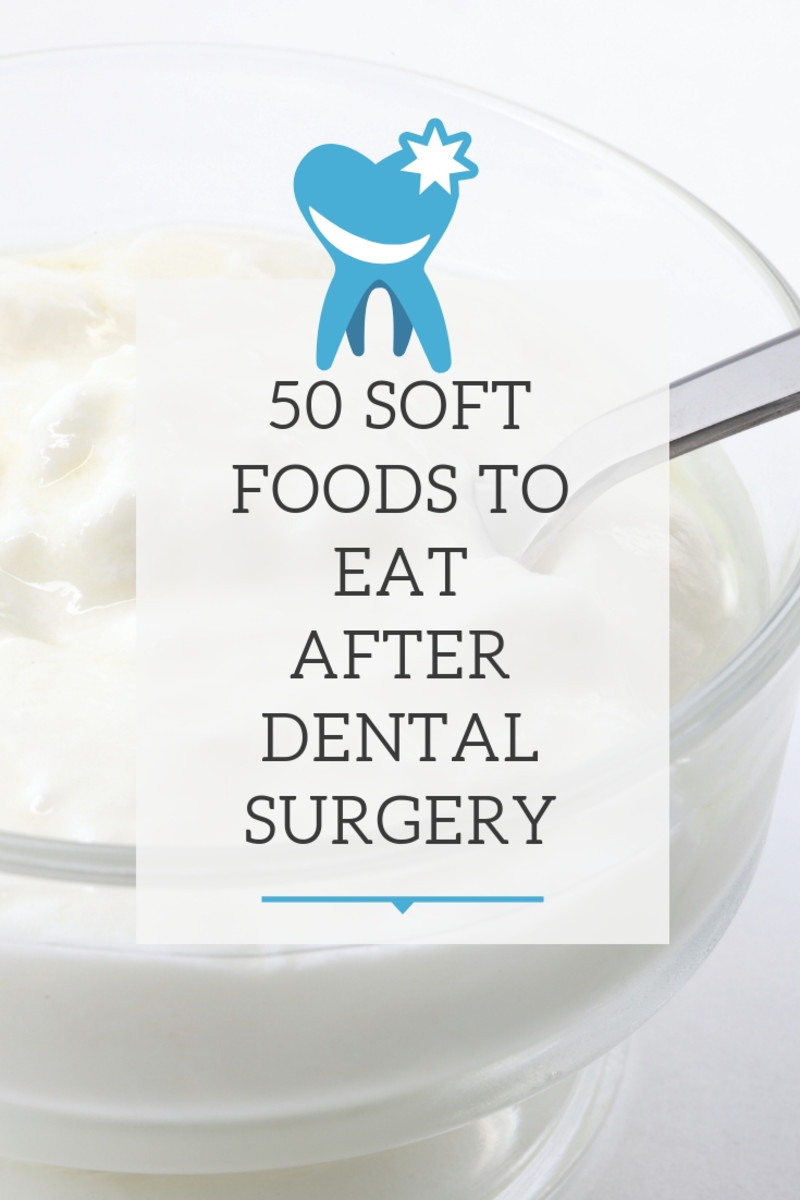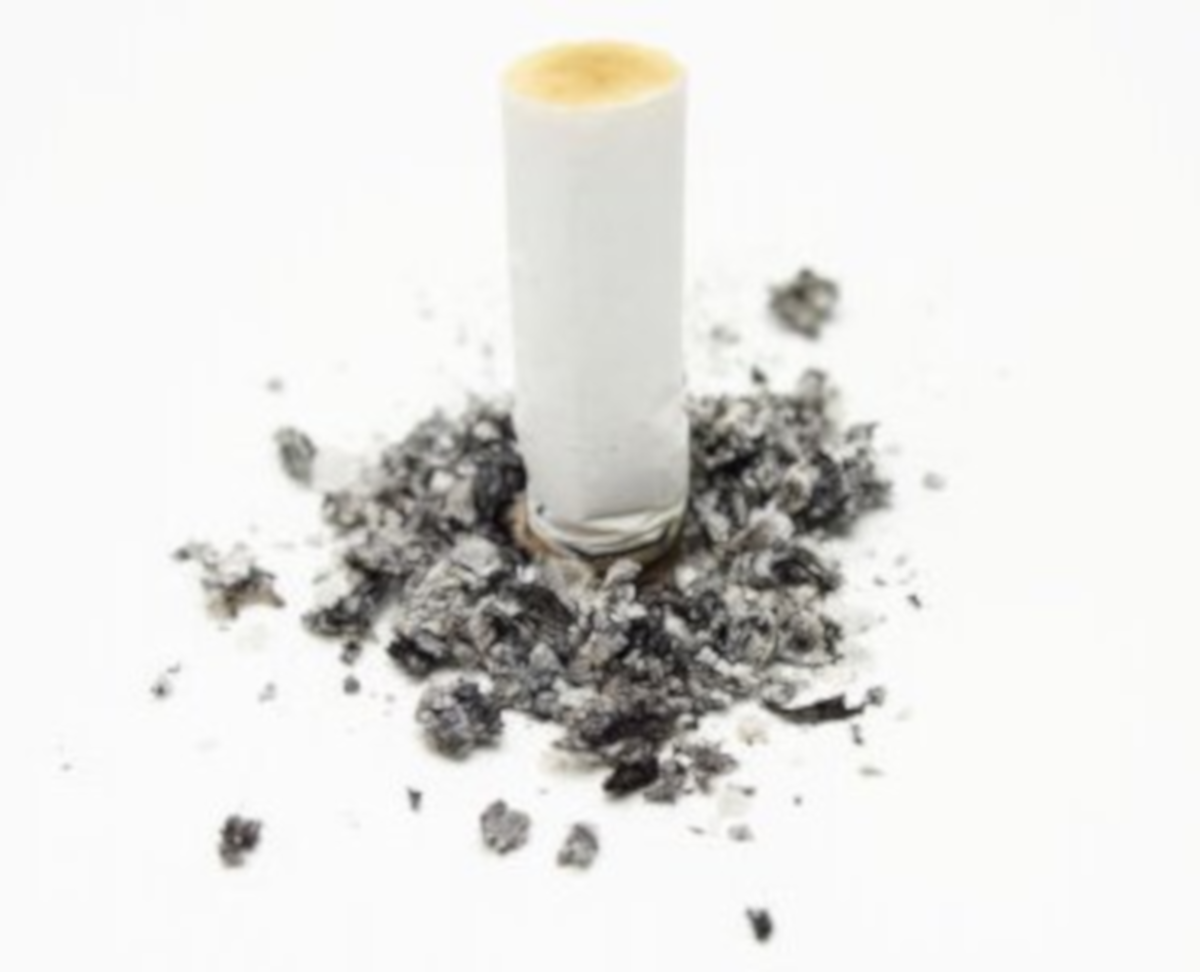Coronavirus (COVIT-19): Tips on protecting yourself - Together we can flatten the curve
The recent outbreak of the coronavirus brought about an international concern. The source of the virus remains uncertain, but the outbreak began in Wuhan China.
virus
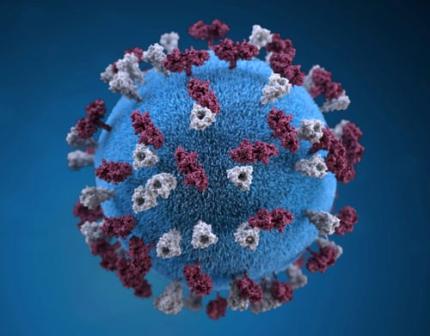
How did covid-19 happen in the world?
In some studies it’s noticed that the virus can transfer from an animal to a human. Other forms of coronaviruses include “SARS-CoV” Severe Acute Respiratory Syndrome noted in 2002 and “MERS-CoV” Middle Eastern Respiratory Syndrome observed in 2012. But, unlike these two mentioned caronaviruses, Covid-19 spread from China and continues making its way across the world.
So far, the virus has claimed over 55,000 lives, and more than 1million patients are infected. Thankfully more than 200,000 people have recovered from the virus, but the figures are staggering and frightening to say the least. China managed to lower the number of infected people since the outbreak started. But other countries like Italy, Spain, and the USA are battling.
Self isolation and national lockdowns are aiding countries to flatten the curve. We are hopeful that there will be a breakthrough with a vaccine to help put a stop to the spread.
While scientists and medical teams work around the clock, many nations are experiencing shortages of face masks, gloves and hand sanitisers.
How does the coronavirus spread?
Droplets of saliva, mucus, and sweat can pass on to individuals when an infected person sneezes, coughs, or touches surfaces. Once it is transferred if the “contacted” person touches their face, eyes, or nose, the virus can then enter them.
According to an article from Aljazeera, scientists and researchers say that once a person sneezes, the droplets can stay in the air for ten minutes before dissipating.
What makes this virus tricky is it has a 1 - 14 day incubation period and the infected patient won’t show any symptoms until the incubation is over. This means, one patient can infect three and more other people without even knowing it.
What are the signs of COVID-19 (Coronavirus)?
The virus is often mistaken for the common flu because it showcases similar symptoms. Some of these symptoms include:
- A fever
- A prolonged or ongoing cough
- Chest or respiratory problems
- Fatigue
What to do to help stay safe from the coronavirus
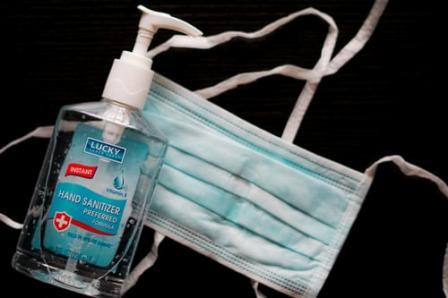
Avoid touching your face
The inner-side of your hands is exposed to many germs and bacteria-infected surfaces. Avoid touching your face to prevent the virus from spreading to your body and getting in through your nose, eyes, or mouth.
Wash your hands often
Using hand sanitizer is great, but it is still important to wash your hands regularly and properly with soap. The CDC recommends 20 seconds which include scrubbing under your nails using a nail brush.
Cover your mouth and nose when coughing and sneezing
To limit the spread of germs, proper practice is to cover your mouth and nose when sneezing and or coughing. Since we cannot see microorganisms in the air and around us, being proactive is very important.
What is social isolation and why must you do this?
Social isolation is the act of distancing yourself from other people. During this COVID-19 pandemic, nations all over the world are urged to practice social isolation to lower the spread of the virus.
This can be a difficult time for outgoing and social folks, but by staying home may greatly help to reduce some cases.
The virus lives on surfaces
While it is immensely important to wash and sanitise your hands regularly, the COVID-19 virus is able to live on various surfaces. This makes it important to remember to disinfect surface areas at home and where you can grocery items and baskets.
Some research findings say that the virus can live on hard and soft surfaces:
- 3 hours in the air
- 4 hours on copper
- 2 days on cardboard
- 3 days on stainless steel
- 3 days on paper
Constant research is being done to find a vaccine for coronavirus COVID-19.

Some of your questions answered
Can a hot bath every day kill the new coronavirus?
No, hot water temperatures may not kill the virus, but practicing proper sanitisation and self-isolation will help to cut the spread.
Can eating garlic destroy COVID-19?
No, there isn’t such evidence, but eating garlic can help to strengthen the immune system. Garlic is also helpful to rid your home from some microbials.
Does COVID-19 only affect the elderly and chronically ill people?
The virus can attack anyone at any age. But, it is true that the elderly and patients with chronic illnesses are more vulnerable. It is important to practice safety measures at home and when outdoors getting supplies.
Why do countries call for a national lockdown?
National lockdown procedures help limit the spread of coronavirus. Less contact with each other may lower the chances of an increased spread. This is an emergency action especially when dealing with a pandemic crisis as we’re experiencing in 2020.
Will antibiotics work?
Antibiotics kill microorganisms like bacteria but cannot eliminate viruses.
Can a flu vaccine make me immune to coronavirus?
No, the flu vaccine can help strengthen your immune system, but medical researchers are working hard to test clinical trials.
Stay home - help flatten the curve

What to do now?
You can clean surfaces to kill bacteria and germs
As mentioned, the virus stays active on surfaces including in the air. Solutions such as rubbing alcohol (Isopropyl alcohol) in water can kill bacteria.
If you can’t find rubbing alcohol since all these essentials are out of stock, you can make a water and chlorine bleach solution. When using chlorine, be careful not to use too much because it does leave a residue and can damage certain surfaces.
Another alternative is to use some Savlon or Dettol or any anti-bacterial or anti-septic solution in a mix with water. You can also add a bit of dish washing liquid to do a surface cleaning mixture.
Another bleach-like option is hydrogen peroxide. Since it works like bleach or chlorine, make sure that it doesn’t get on fabrics. You can dilute some along with water, a spray bottle and disinfect your surfaces.
Apparel options when all the shops are out of masks
Face masks are in short supply all over the world. There are many creative options to deal with this. Wearing a scarf or bandanna over your mouth and nose will help. You can also cover your hair with a cap or wrap a scarf in a similar fashion as a hijab.
Many people are getting creative and making their own face masks using fabric and elastic bands for ties. In this way they can wash and re-wear it whenever they go out. There is also latex and nitrile gloves if you don’t have hand sanitizer.
More on sanitising options
To help rid your home from unwanted microbials and bacteria in the air, certain essential oils are natural “bacteria fighters.”
- Tea tree oil (Melaleuca alternifolia)
- Eucalyptus (Eucalyptus globulus)
- Peppermint oil (Mentha piperita)
- Lemongrass (Cymbopogon citratus)
- Sweet orange (Citrus sinensis)
- Bergamot (Citrus bergamia)
When it comes to essential oils, you can diffuse them in an electric diffuser. You can also use these oils with a carrier oil and apply it to your skin.
Lockdown is a challenging time for many nations and battling COVID-19 makes things so much harder. But take the time to unwind. Run a warm bath and relax in some soothing essential oils.
Essential oils will also help to lift your mood especially citrus oils like sweet orange and lemon EO.
Missing the family?
Long distance can be hard, and that is amplified during this time. So, while confined in your home, take the liberty of Skype calling. There are many other internet calling providers that allow affordable calls and even free calls.
Furthermore, the best is to try and make the most of a difficult situation. While it will be harder for some than others, this pandemic too shall pass and things will be better.
Stay safe and take care!



